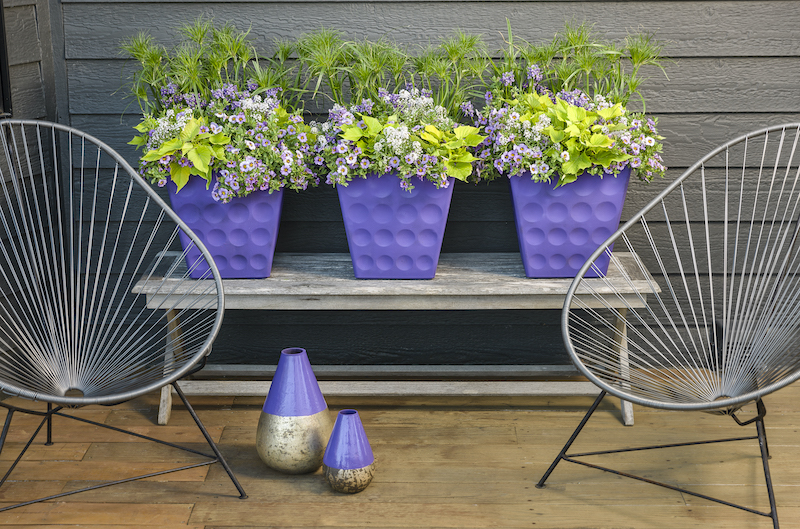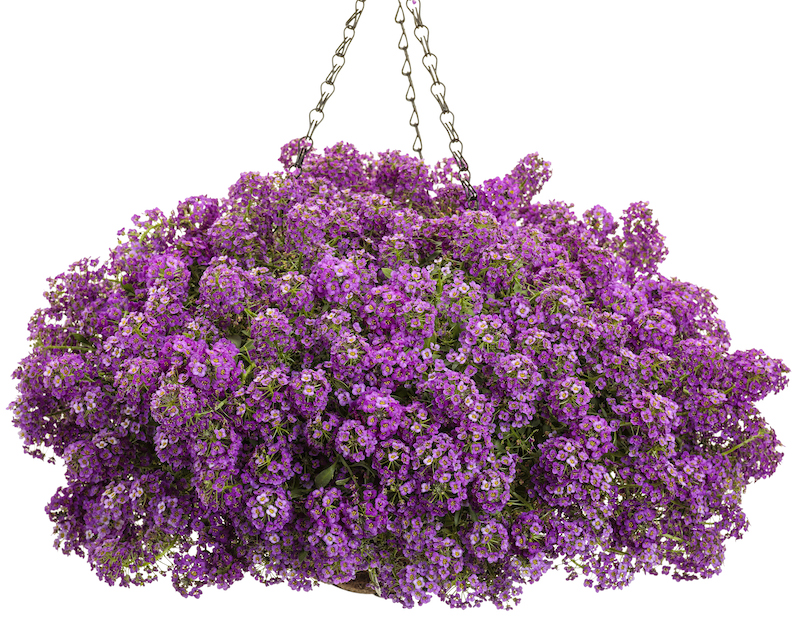Alyssum is an exceptionally deer-resistant plant. The heavily scented flowers and mustardy-tasting leaves keep deer away while attracting beneficial insects and pollinators. Alyssum's strong smell not only repels deer, but also rabbits, which rarely nibble on this plant. Alyssum plants can be used to edge flower and vegetable beds to keep rabbits out, much in the same way Marigolds are used. Perennial Alyssum makes an excellent groundcover when planted amongst other plants that are more palatable to deer.

According to Rutgers University, Alyssum is Rarely Damaged on their rating scale from Rarely Damaged to Frequently Severely Damaged. This means that in areas with heavy deer populations, Alyssum is largely ignored in favor of other plants.
| Rarely Damaged |
| Seldom Severely Damaged |
| Occasionally Severely Damaged |
| Frequently Severely Damaged |
Keeping Deer Away From Alyssum
Alyssum does not require extra safety measures to keep deer from browsing it. Organic farmers often use Alyssum as a deterrent and plant it between crop rows and fields' edges. Alyssum keeps deer away and acts as a catch crop to attract aphids and keep them from infesting a food crop.

Will Alyssum Come Back After Deer Eat Them?
Alyssum is a tough plant that will quickly grow back if some stem is left after pruning or grazing. A plant that has been eaten entirely to the soil may not regenerate. Cut off any ragged pieces of stem or foliage and water Alyssum well. Regrowth should be seen in the next 1-2 weeks.
Sources: Rutgers New Jersey Agricultural Experiment Station ‘Landscape Plants Rated by Deer Resistance’ 2018
 |
Author Robbin Small - Published 12-16-2022 |
